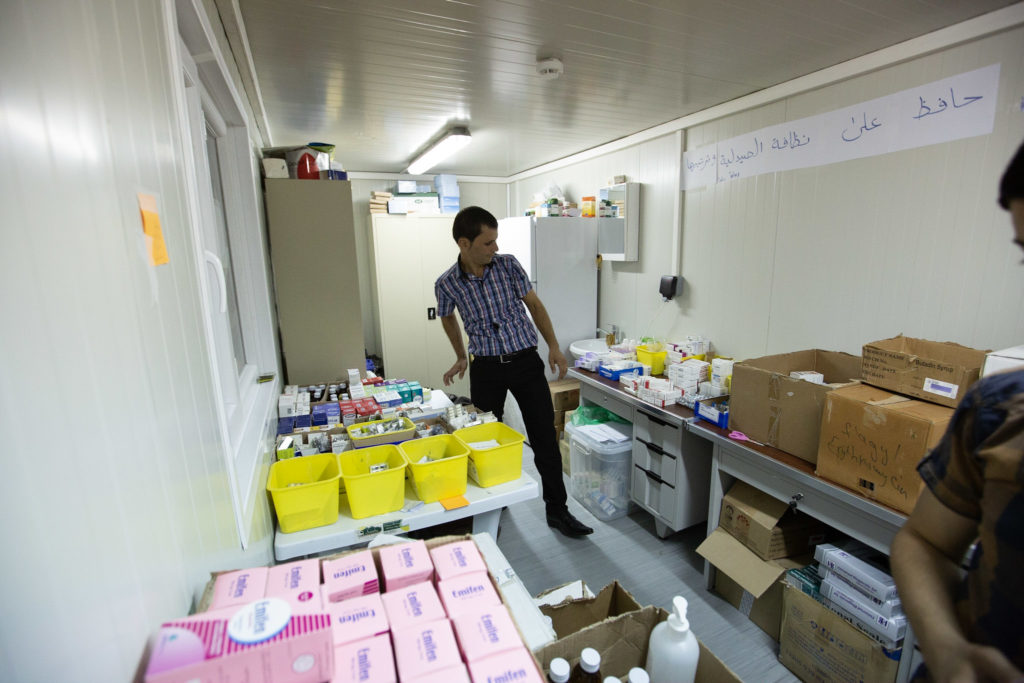By Natalie Sarrett
After years of being driven to the outskirts of society, a global pandemic was the last thing that refugee and displaced families in the Middle East needed.
Food and medicine were already difficult to find, but with the COVID-19 health crisis, getting meals and healthcare has become nearly impossible.
One partner pointed out that beyond the physical effects this will have on refugees, there will be deep psychological wounds in the shame-honor culture of Middle Eastern society where not being able to feed your family is shattering:
“I honestly don’t know what they’re going to do as they keep getting downgraded in the class system. Refugee populations are about to be forced into a new situation yet again. Everything that they learned about how to live and cope might have just gone out the window, so the pressure and competition for resources has vastly increased.”
Even charitable and nonprofit organizations that were previously able to intervene are now pulling out of the regions that need them the most, and much invaluable aid has been discontinued because of social distancing mandates. Outreach programs on which refugees have come to depend have been suddenly severed, and across the Middle East, displaced families are having to find a new way of life.
“We realize that in the nations where refugees are, economically and otherwise, everyone is turning inward and host countries’ economies are grinding to a halt,” says a Send Relief ministry partner in the area. “[Displaced families] have established ways to get by and make ends meet, but what’s happened is that nonprofits are closing up shop or, at the very least, hampered in their work because you can no longer travel freely throughout the region, as many borders, roads, and airports are closed. So, this population who was already under the microscope and suffering is now experiencing a breaking of patterns: someone who knew that infant formula would be available for their children every Wednesday doesn’t have that guarantee anymore because of social isolation and limited access to products. There has been a sudden change that wrecked their routines. Their ways to manage life and cope have been shattered, and there’s no real end in sight to this.”
Send Relief is partnering with networks within these communities and regions to ensure that more than 1,000 refugees and displaced people in the Middle East are getting the food and care that they need to make it through this trying time.
Send Relief will be distributing food packages, providing medical attention as needed and helping with communication to strengthen social support systems during the distancing.
God continues to work through the difficulties—food insecurity, chaos, disease, widespread fear—to bring hope to the overlooked and underserved.
Please pray for the mental and physical health of refugees and for those serving them in the weeks to come. Pray that during this pandemic, displaced families will find new hope and love in His promises.
History will be distinguished by a pre- and post-COVID-19 world, but maybe it will also be defined by the hospitality and compassion of Jesus manifested through the Church.
Natalie Sarrett writes for Send Relief.
Published April 10, 2020
